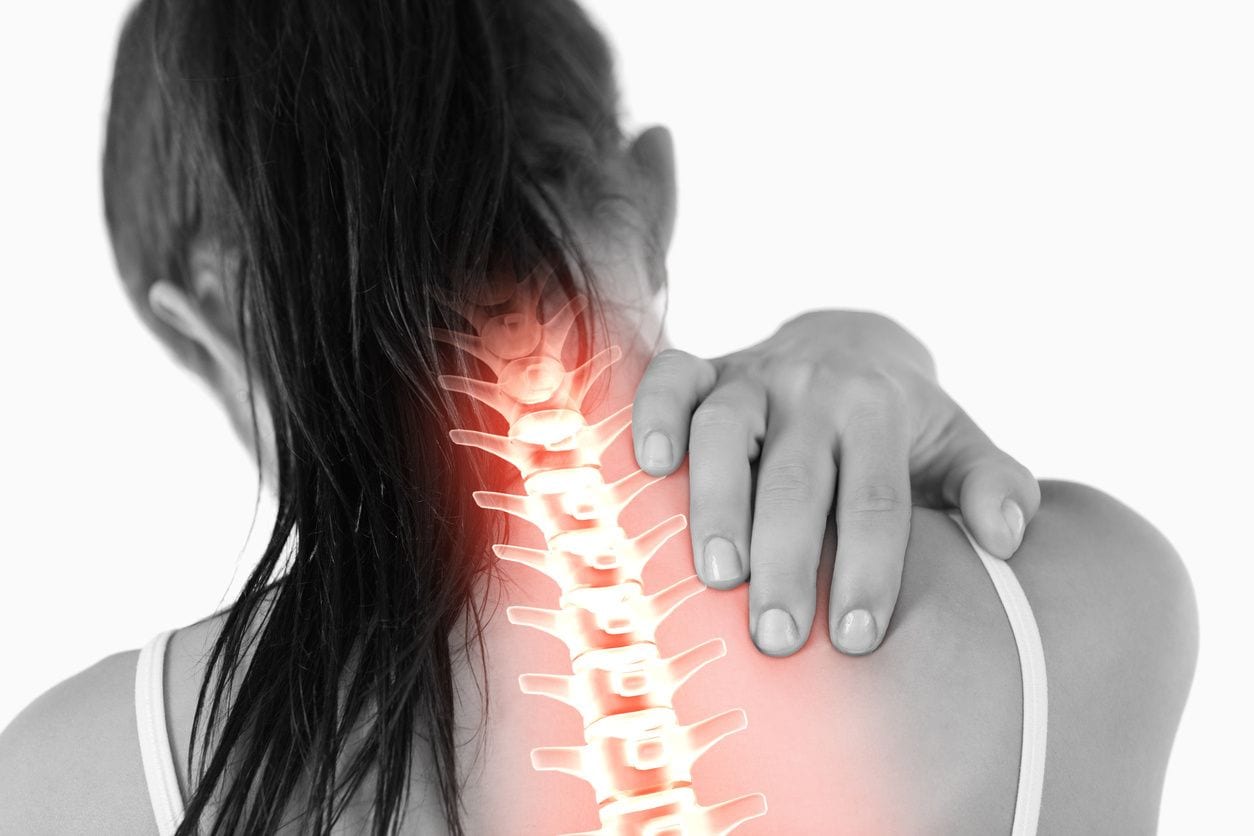How Does Bulging Disc Affect Your Body
A frequent age-related spine injury is a bulging disc. Spinal discs are located between each of the stacked vertebrae that make up the spine. The robust discs give the vertebrae stability, mobility, cushioning, and stress absorption. Each disc consists of an inner, jelly-like core and an outside ring (annulus fibrosus).
If you are suffering from back pains, it is best to consult a doctor. You may even want to get a second opinion because there can be several causes of back pain and other health issues as well. One such cause that has been seen lately is the bulging disc. This article will discuss what exactly this condition is and how it can be treated at https://drtonymork.com/back-pain/disc-herniation/bulging-disc-symptoms-causes-treatments-options/.
What Is a Bulging Disc?
A bulging disc is a herniated disk in which an outer layer ruptures. The rupture occurs due to excessive pressure on the nerve root or spinal cord. As mentioned before, if left untreated for too long, the disk could potentially become completely detached from its surrounding tissues. If the condition progresses to this point, it would most likely require surgery to repair the damaged area.
How Does It Affect Your Health?
This condition can have varying degrees of severity depending on the area affected and the extent of the injury. Some people who suffer from bulging discs do not experience any symptoms at all while others experience excruciating pain.

The symptoms of bulging discs vary based on how much damage was done to your spine. If the nerves were severely damaged, the person would experience numbness and tingling in their extremities like hands and feet. They might also experience weakness, loss of balance, and difficulty walking. When the damage is minor, the person would feel discomfort but would still be able to walk normally without experiencing any serious issues.
There are various reasons why you could develop this condition. One common reason is the normal wear-and-tear of the spine over time. Other causes include accidents, poor posture, and certain degenerative conditions. For instance, osteoarthritis is one condition where the cartilage gets worn down over time. When this happens, the bones rub against each other causing pain. Another example is when the vertebrae move out of place. If they do so by just a few millimeters, then it could lead to pressure on the spinal cord.
Causes of Bulging Discs
One of the most common causes of bulging disks is the prolonged use of computer keyboards. In fact, many experts believe that computer usage may increase the risk of developing bulging disks by up to 50 percent.
Another major cause is heavy lifting. People who lift heavy weights have a higher chance of developing bulging discs because of the increased stress put on the spine. However, there are some instances where bulging discs can occur from simply sleeping on your back.
Other factors include age, genetics, and obesity. Because of the body’s natural aging process, the ligaments in our joints tend to lose elasticity over time. When this happens, the vertebrae begin rubbing against each other resulting in pain and discomfort. Genetics play a big role in whether we develop bulging discs. It is believed that if your parents had back problems, you are more likely to develop the same problem. Obesity is another factor that increases your chances of developing the problem.
When Should You See a Doctor About Bulging Discs?
You should see a doctor right away if you think that you may be suffering from a bulging disc. There are two types of treatment available for this condition – conservative and surgical. A good chiropractor will tell you which type of treatment would be suitable for you. He or she will perform a thorough examination to determine the extent of the damage caused by the bulge.
Conservative Treatment Options
The first line of treatment for a bulging disc involves rest. Since the main cause of this condition is physical activity, the patient needs to take it easy for as long as possible. Some people choose to take painkillers to help with the discomfort. Although these medications are effective, they should only be taken under medical supervision. Some patients prefer to try acupuncture instead of medication. Acupuncture works by stimulating the areas of the brain responsible for pain relief.
Surgical Treatment Options
For those people who have severe cases of bulging discs or those who cannot tolerate the pain, surgery is considered the best option. This procedure would involve removing the bulging part of the disc and inserting a prosthetic material into the space created by the removal.

There are different types of surgeries that you can undergo. Each case is unique and requires a personalized approach. You can opt for a minimally invasive method or a traditional open surgery. Minimally invasive surgery involves using a small incision to make way for the surgeon. The advantage of this type of surgery is that it reduces the recovery period. On the other hand, open surgery makes use of a larger incision. The advantage of this type of surgery is that it gives the surgeon better access to the affected area.
After undergoing the surgery, you need to stay very active and avoid any kind of physical activities for six months. During this period, you should follow a specific rehabilitation program that will allow you to gradually return to your previous lifestyle.
It takes a lot of hard work, patience, and perseverance to recover from bulging disc injuries. It is important that you find a good chiropractor who knows what he or she is doing. Your chiropractor should provide you with the necessary information regarding what to expect after your surgery and which exercises you should do to speed up your recovery.
In conclusion, it is always best to consult a doctor if you suspect that you are suffering from a bulging disc. There are various treatment options available to suit your needs. After consulting your doctor, you will be able to decide which form of treatment is appropriate for you.








